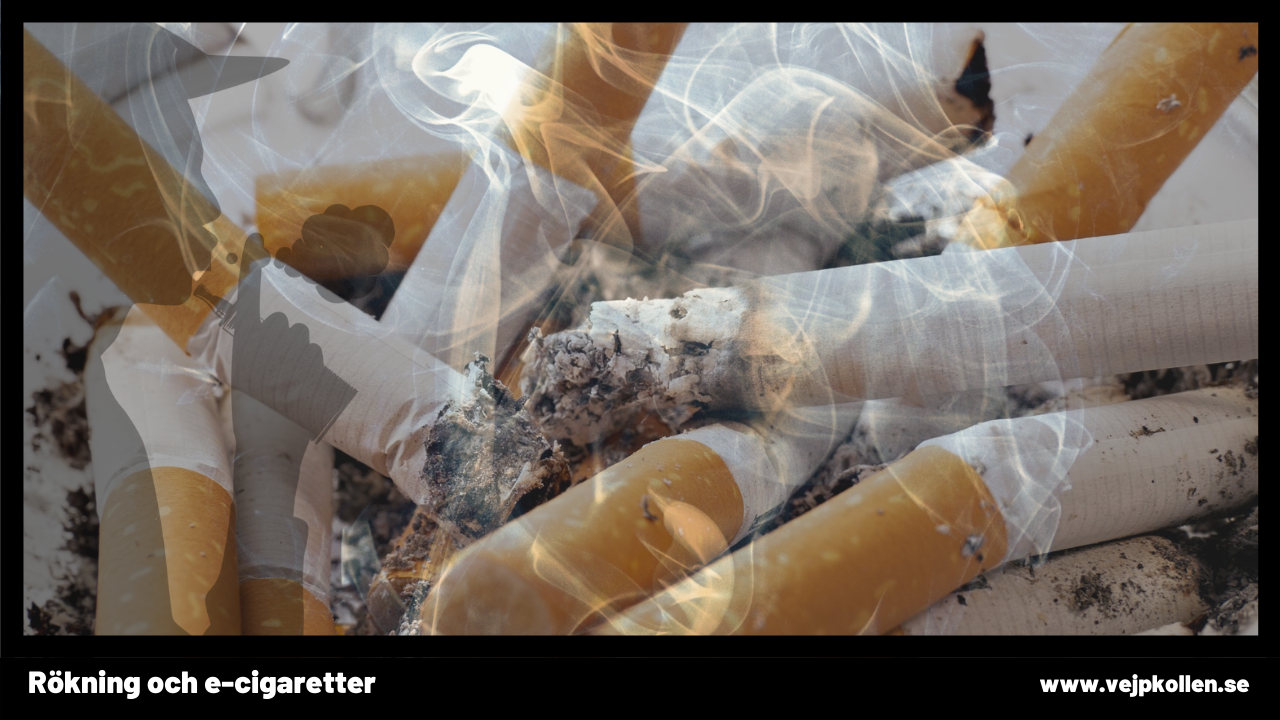"Harm reduction must be prioritised by the WHO"
The WHO's strategy to reduce the harm caused by smoking is not working. So says Derek Yach, who helped draft the Tobacco Convention 15 years ago.
"The focus must be on preventing disease and death. We cannot just look at how many people use tobacco or nicotine."
It has been 15 years since the WHO launched its guidelines to reduce smoking in the world. The Tobacco Convention is a treaty in which 160 countries commit to promoting public health by limiting access to cigarettes. At the same time, they commit to reducing the harm caused by tobacco use.
But despite major efforts, smoking remains by far the biggest cause of premature death in the world. This is according to Derek Yach, one of the key figures behind the Tobacco Convention. He now works on tobacco harm reduction through the foundation A Smoke Free World. The organisation is independent, but was founded with a grant from Philip Morris. The organisation aims to reduce the harm caused by smoking in the world through information, support for research and innovation in tobacco harm reduction.
"For the WHO Tobacco Convention, we actually met with the tobacco companies and their scientists. We wanted to know what they were planning for the future. Partly to reduce the harmful effects of their products, but also what new products were in the pipeline. Of course, they weren't completely open at the time, but they gave us a hint. While the pharmaceutical industry was developing alternative, consumer-friendly nicotine products, it was clear that the tobacco companies were doing the same." Says Derek Yach in connection with "15 year conference" - a public discussion on the tobacco convention.
Harm reduction works
Derek Yach argues that nicotine patches, snus and e-cigarettes are innovations that have the potential to improve global public health enormously. This needed to be reflected in the Convention when it became an official document in 2005.
"As health workers, we had seen what a harm reduction philosophy could achieve. Especially in dealing with AIDS/HIV in the 90s, with clean syringes for drug users and sex education for young people. It was natural to include a paragraph on promoting harm reduction in tobacco control." says Derek Yach.
Higher death rates if nothing changes
But after 15 years, it has become clear that the WHO's harm reduction strategy has been very limited. The WHO now only recommends nicotine medicines to help smokers quit. At the same time, the WHO runs campaigns to discourage e-cigarettes and other smokeless nicotine products. The official motive is to prevent young non-smokers from starting to use these products. But according to Derek Yach it is devastating in the long run.
'Even if not a single young person started smoking today, the death rate from tobacco smoking would continue to rise for another 10 years. It takes time for smoking-related diseases to develop, the effects of regulations and the like are not visible even after 40 years really. If the WHO chose to focus on harm reduction, helping smokers to stop using cigarettes, the number of deaths will drop faster. We would probably have half the number of deaths in 40 years compared to if we continue with the current strategy," says Mr D.erek Yach.
Focus on the diseases of smoking
He argues that it the only way to stop the trend is to make harm reduction products (such as e-cigarettes and snus) more accessible. This is true worldwide, but especially in countries where smoking is most prevalent. At the same time, smoking cessation methods need to become more effective.
"The focus must be on preventing disease and death. We can't just look at how many people use tobacco or nicotine. We need to look at how we reduce the cases of lung cancer, COPD, turbercolosis and cardiovascular diseases, all linked to smoking specifically," says Mr Yach.
At present, the WHO campaigns to strongly regulate harm reduction products such as e-cigarettes. Next year, the organisation will start work on revising the Tobacco Convention.




